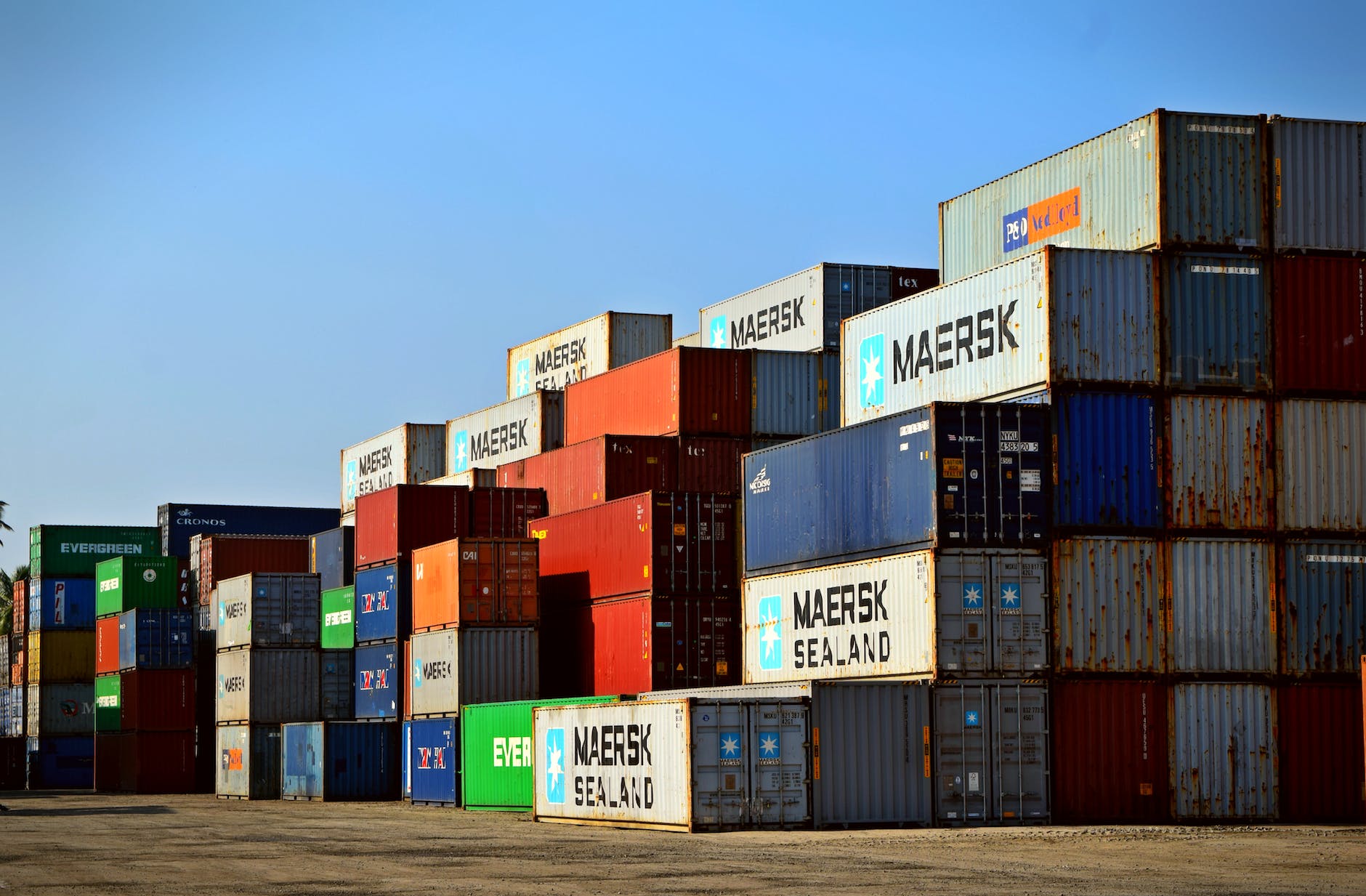The retail industry is a dynamic and competitive landscape where efficiency, speed, and customer satisfaction are paramount. One of the critical aspects that can make or break a retail business is its logistics strategy. This comprehensive guide delves into the various facets of optimizing retail logistics, providing actionable insights, proven strategies, and innovative solutions that can transform your retail logistics into a robust, efficient, and customer-centric operation.
Understanding Retail Logistics: An Overview
Definition and Importance
Retail logistics encompasses the processes involved in the movement, storage, and flow of goods from suppliers to consumers. It plays a vital role in ensuring that products are available at the right place, at the right time, and in the right condition.
Key Components
The main components of retail logistics include procurement, warehousing, transportation, inventory management, order processing, and customer service.
Challenges and Opportunities
Retail logistics faces challenges such as fluctuating demand, regulatory compliance, and technological advancements. However, these challenges also present opportunities for innovation and growth.
Strategies for Optimizing Retail Logistics
Aligning with Business Goals
Understanding and aligning logistics strategy with overall business goals ensures that logistics operations support the company’s mission and vision.
Leveraging Technology
Utilizing advanced technologies like AI, IoT, and blockchain can enhance efficiency, transparency, and accuracy in logistics operations.
Focusing on Customer Experience
Creating a customer-centric logistics strategy ensures timely deliveries, easy returns, and enhanced customer satisfaction.
Implementing Sustainable Practices
Adopting eco-friendly practices in logistics operations contributes to sustainability and can enhance brand image.
Key Areas of Focus in Retail Logistics Optimization
Inventory Management
Effective inventory management ensures optimal stock levels, reducing carrying costs, and minimizing stockouts or overstocking.
Warehouse Optimization
Efficient warehouse operations, including layout design, automation, and workforce management, can significantly reduce costs and enhance productivity.
Transportation Management
Optimizing transportation involves route planning, carrier selection, and real-time tracking to ensure timely and cost-effective deliveries.
Order Processing and Fulfillment
Streamlining order processing and fulfillment ensures quick and accurate order handling, leading to improved customer satisfaction.
Compliance and Risk Management
Adhering to regulations and implementing risk management strategies protects the business from legal issues and potential losses.
Innovative Solutions in Retail Logistics
Omnichannel Logistics
Integrating online and offline channels provides a seamless shopping experience, allowing customers to shop, return, and exchange across various platforms.
Last-Mile Delivery Solutions
Innovative last-mile delivery options like drones, autonomous vehicles, and localized delivery hubs can enhance delivery speed and flexibility.
Data Analytics and Insights
Utilizing data analytics provides valuable insights into customer behavior, demand patterns, and operational performance, enabling informed decision-making.
Case Studies: Success Stories in Retail Logistics Optimization
Company A: Implementing AI in Warehouse Management
Company A successfully implemented AI-driven robots in its warehouse, resulting in a 30% increase in efficiency and a significant reduction in errors.
Company B: Adopting Sustainable Transportation Practices
Company B adopted electric vehicles and optimized routes, leading to a 20% reduction in transportation costs and a substantial decrease in carbon emissions.
Future Trends and Considerations in Retail Logistics
The Rise of Smart Logistics
Smart logistics, powered by IoT and AI, is set to revolutionize retail logistics, offering unprecedented levels of automation, intelligence, and efficiency.
The Impact of Global Events
Global events like pandemics and economic fluctuations can have significant impacts on retail logistics, requiring agility and adaptability.
Ethical and Social Considerations
Ethical sourcing, fair labor practices, and community engagement are becoming vital considerations in retail logistics strategy.
Building a Resilient and Efficient Retail Logistics Strategy
Optimizing retail logistics is a complex but rewarding endeavor that requires a strategic approach, innovative thinking, and a relentless focus on customer satisfaction. This guide offers a comprehensive roadmap to building a resilient and efficient retail logistics strategy that aligns with business goals, leverages technology, focuses on sustainability, and anticipates future trends.
By embracing the strategies, solutions, and insights presented in this guide, retail businesses can transform their logistics operations into a competitive advantage. The journey towards optimized retail logistics is filled with challenges, opportunities, and endless possibilities. It’s a journey that promises not only operational excellence but also a stronger connection with customers, a more sustainable future, and a robust bottom line. It’s a journey worth embarking on, and this guide is your trusted companion along the way.



